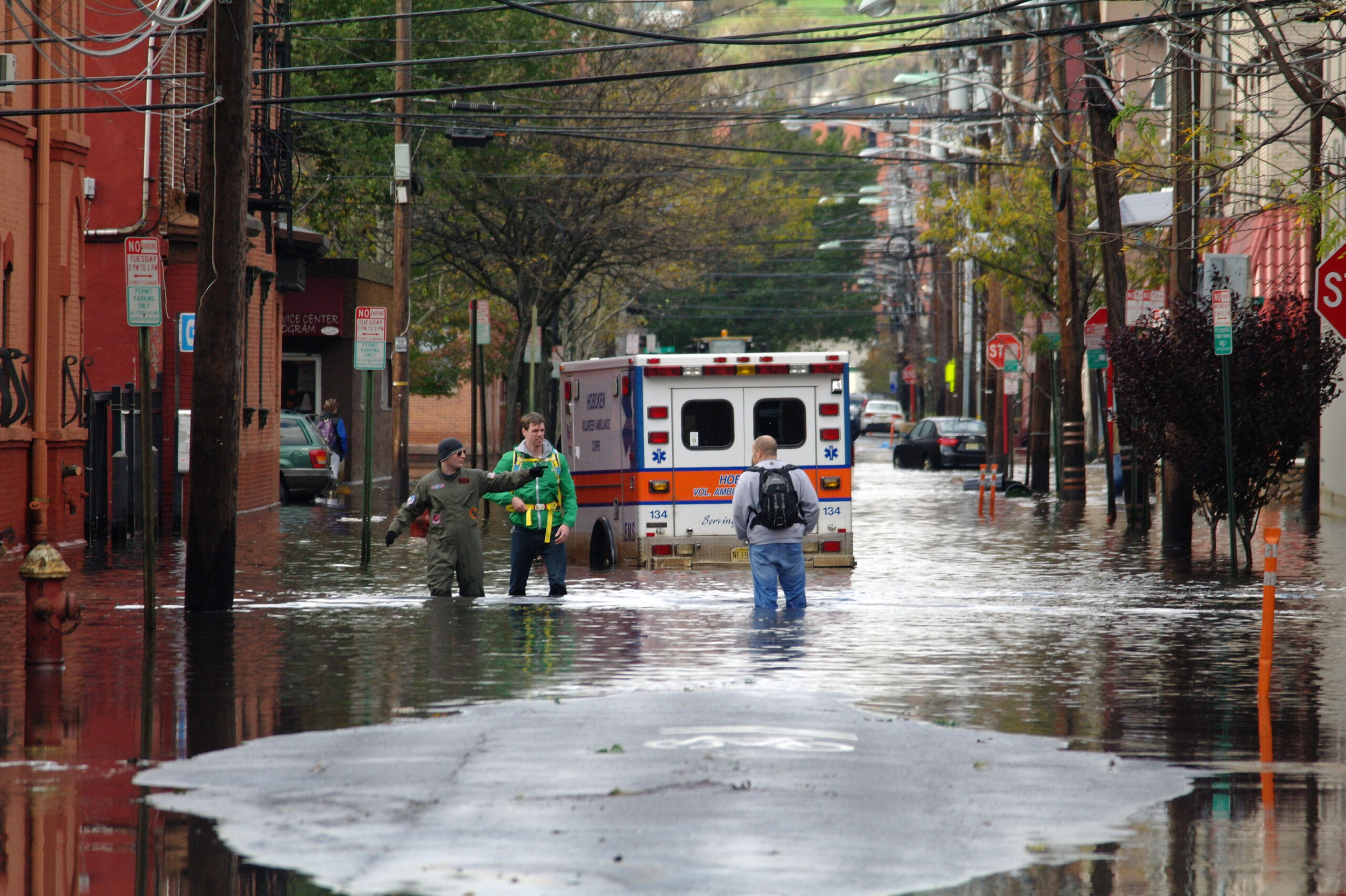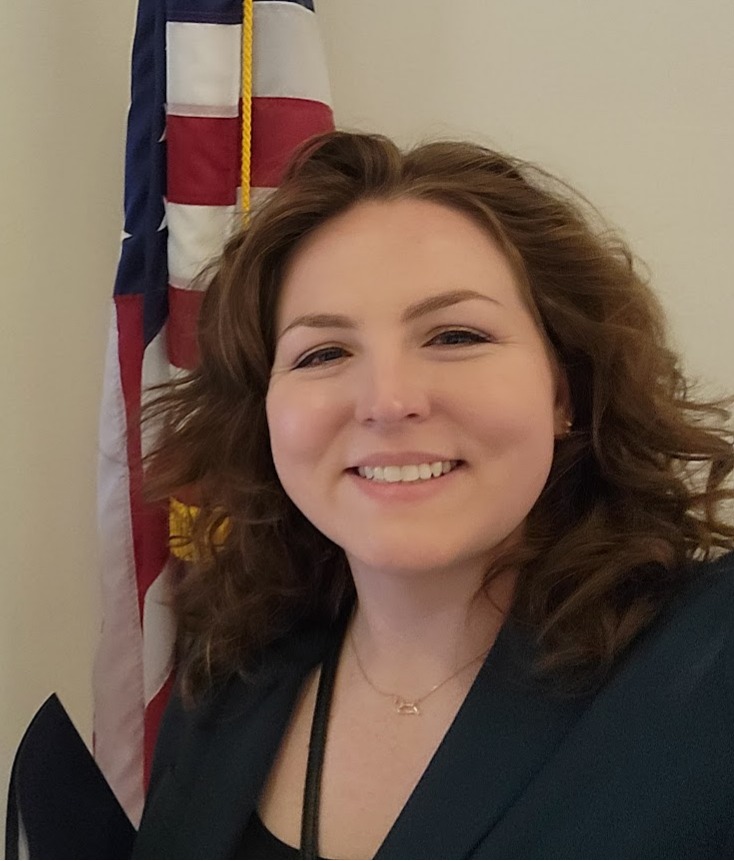
Climate & Health
Climate change is threatening the foundations of American life — safe shelter, quality food, clean air and water, and stable livelihoods — while simultaneously pushing our healthcare systems to the brink. We cannot make America healthy without addressing intersections between health outcomes and climate and environmental issues.
State and local officials, healthcare providers, and community leaders recognize the urgent need for strategies that will collectively protect American health and well-being and need support to make them a reality.
FAS coordinates policy action on climate & health across all levels of government. Through our Climate and Health program, FAS develops evidence-based policy recommendations at the climate-health nexus, supports government officials in implementing policy ideas, and organizes national, state, regional, and local experts on resilience and preparedness efforts. This initiative has two pillars:
- Climate and environmental drivers of health. We examine how climate change and environmental conditions affect the core factors that shape health (such as housing, the built environment, workplaces and schools, energy systems, food systems, and air quality) and, design and advance policy solutions that protect communities, accelerate promising interventions, and connect climate resilience efforts to measurable improvements in health outcomes. The actionable strategies we co-develop with hundreds of contributors from a diverse range of sectors guide action at the climate-health nexus.
- Climate-resilient health systems. We develop evidence-based policies to strengthen the capacity of public health agencies, social services agencies, healthcare financiers, and healthcare providers, clinics, and systems to anticipate, prepare for, and respond to climate-related threats. The heart of this work includes expanding workforce expertise, integrating climate risk into clinical and operational decision-making, and elevating scalable practices that safeguard patients during climate-intensified emergencies. We work closely with public sector decision-makers, like state public health agencies, to inform these efforts and guide roadmaps for sustained action.
“One in three Americans report being personally affected by extreme weather in just the past two years – illustrating that extreme weather has become extremely common,” said Dr. Hannah Safford.
Grace Wickerson, the Federation of American Scientists’ Senior Manager, Climate and Health, today accepted a national recognition, the “Grist 50” award, bestowed by the editorial board of Grist, a nonprofit, independent media organization.
Public health insurance programs, especially Medicaid, Medicare, and the Children’s Health Insurance Program (CHIP), are more likely to cover populations at increased risk from extreme heat, including low-income individuals, people with chronic illnesses, older adults, disabled adults, and children.
The cost of inaction is not merely economic; it is measured in preventable illness, deaths and diminished livelihoods.

Emerging Technologies

Resilient Communities,
Extreme Weather,
Inclusive Innovation & Technology

climate change adaptation,
extreme weather
